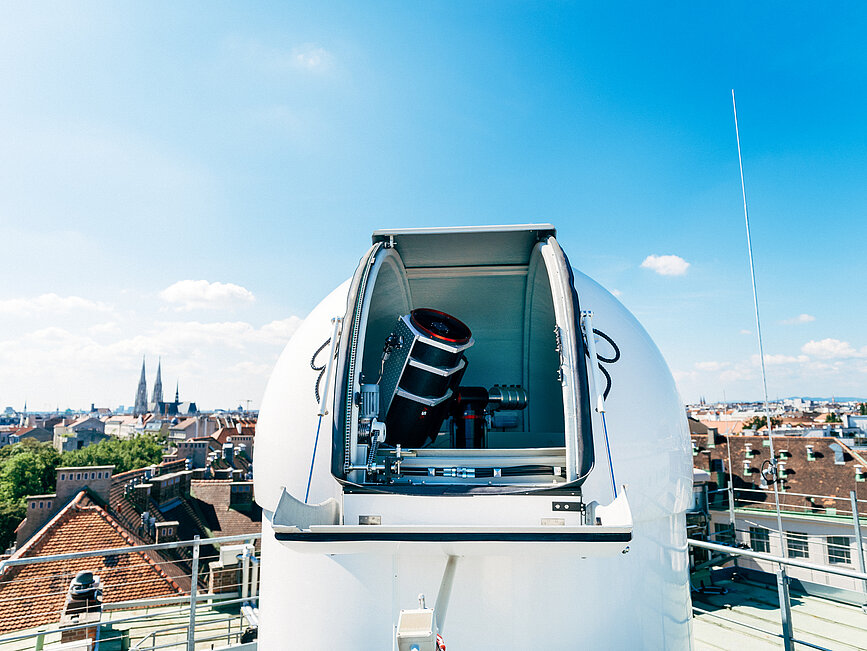
Non-Clifford operations are effected by injecting non-stabiliser states, which are referred to as magic states in this context. Their robustness of magic measures the complexity of simulating the circuit using a classical Monte Carlo algorithm. It is closely related to the degree negativity that slows down Monte Carlo simulations through the infamous sign problem. Surprisingly, the robustness of magic is submultiplicative. This implies that the classical simulation overhead scales subexponentially with the number of injected magic states - better than a naive analysis would suggest. However, determining the robustness of n copies of a magic state is difficult, as its definition involves a convex optimisation problem in a 4^n-dimensional space. In this paper, we make use of inherent symmetries to reduce the problem to n dimensions. The total run-time of our algorithm, while still exponential in n, is super-polynomially faster than previously published methods. We provide a computer implementation and give the robustness of up to 10 copies of the most commonly used magic states. Guided by the exact results, we find an ansatz for approximate solutions that can be evaluated in polynomial time and yield rigorous upper bounds to the robustness. Technically, we use symmetries of the stabiliser polytope to connect the robustness of magic to the geometry of a low-dimensional convex polytope generated by certain signed quantum weight enumerators. As a by-product, we characterised the automorphism group of the stabiliser polytope, and, more generally, of projections onto complex projective 3-designs.
Informationen
Speaker: Markus Heinrich
